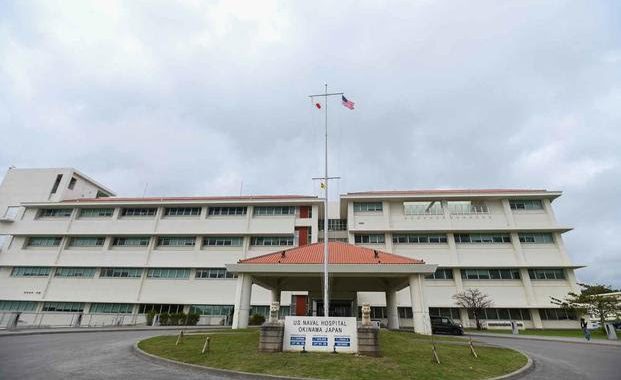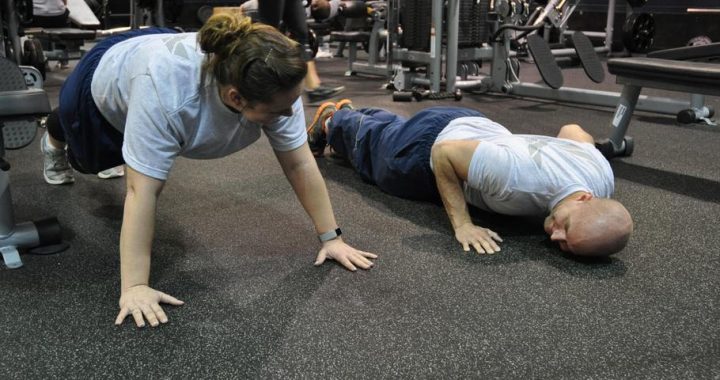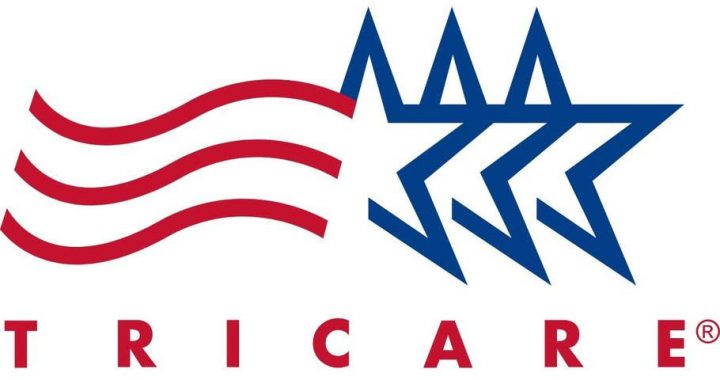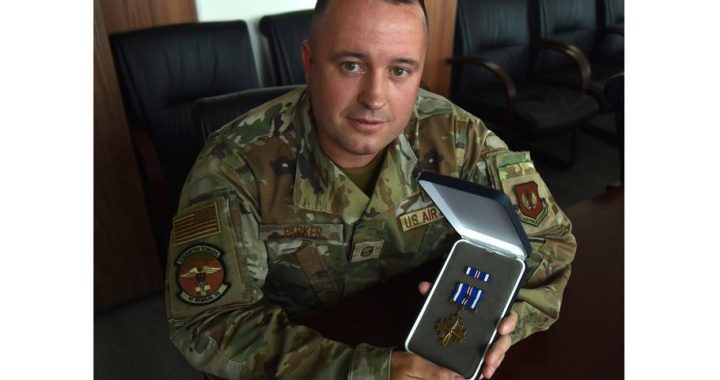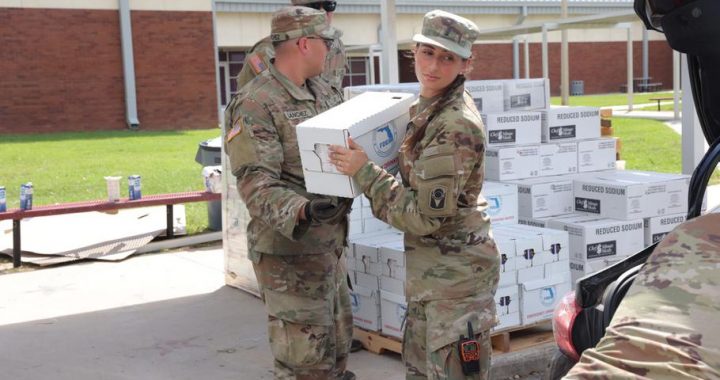Empowering Motherhood via CRDAMC’s Centering Pregnancy
7 min read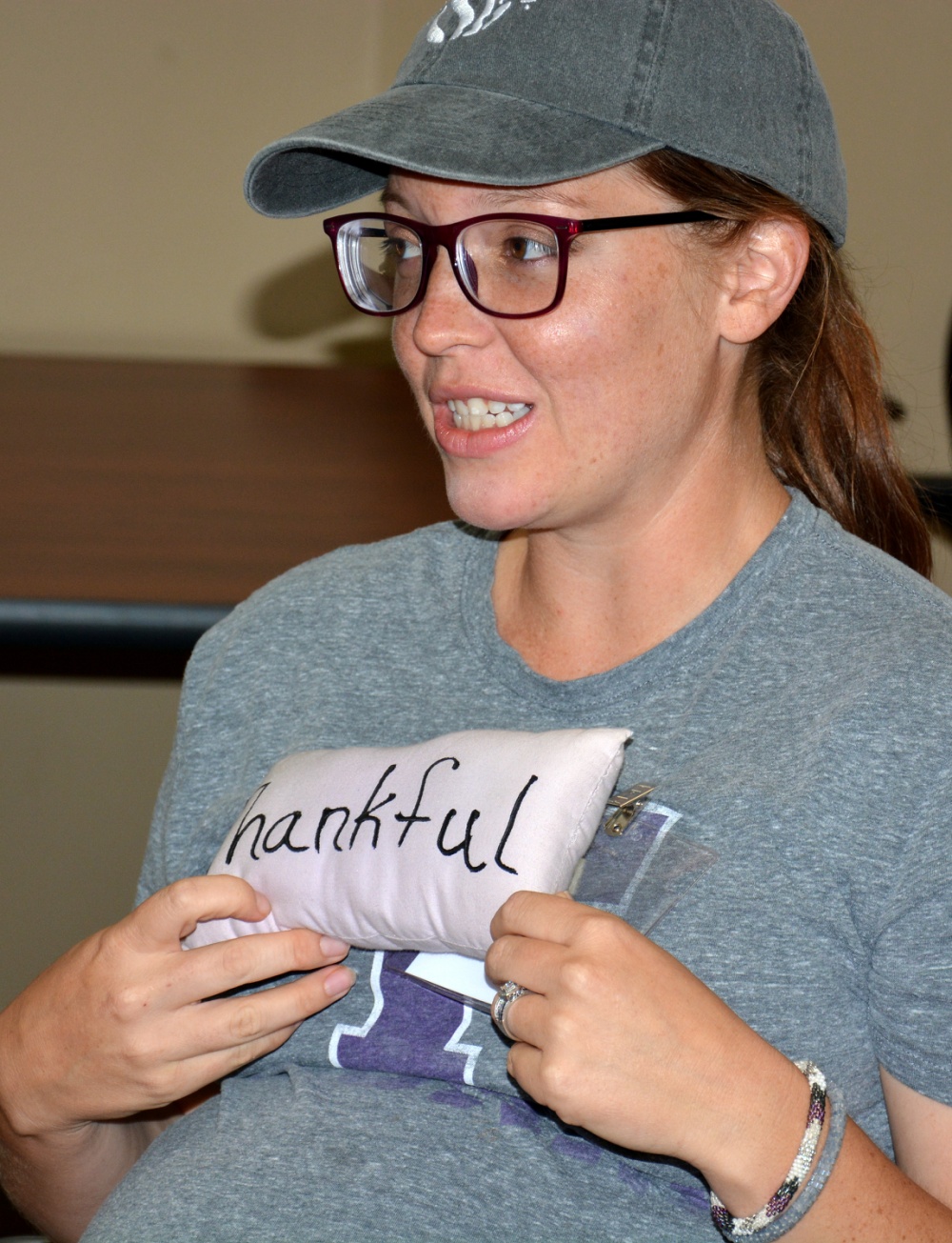
FORT HOOD, TX, UNITED STATES
Story by Gloria Montgomery
Carl R. Darnall Army Medical Center
Their energy was contagious, reflected in the sparkle in their eyes, the glow of their skin and the brilliance of their smiles. It was a day of celebrating the ultimate gift: life.
“People who know me say he looks like his dad, but with my attitude,” said Hailey Morgan of her newborn son, Cuyler, a Gaelic name meaning “Victory for the People.”
Cuyler was just one of seven reasons for the chorus of “oohs and aahs” during the reunion ceremony for Carl R. Darnall Army Medical Center’s relaunched Centering Pregnancy, a medical and support program for expectant moms. There also was Penelope, Juniper, Zaria, Dean and Joaquin.
Then there was Journey.
“Her name is a celebration of life,” said her jubilant mom, Hope Cooke, who had nearly given up on ever becoming pregnant. “She represents my journey to motherhood and everything that has happened to me up to this point.”
Three boys, four girls.
It was a long time coming for the seven mothers who celebrated the arrival of 2019 carrying the gift of life in their wombs. For more than eight months, thanks to Centering Pregnancy, the expectant moms bonded through their fears, worries and joys of giving birth and pending motherhood.
From the introductory session in mid-February to September’s reunion day, the expectant moms—dads, too—peppered the midwives and nurses with questions on everything related to pregnancy and childbirth: weight gain, proper nutrition, physical and mental wellness, labor stages, birth plans and breast-feeding. They participated in hands-on stress-reductions exercises such as meditation, breathing and partner massage.
The nurses and midwives also debunked myths such as spoiling an infant if held too much.
“Do you really think your newborn baby is thinking that if he or she cries someone will pick them up,” said Molly Hunter, Centering Pregnancy coordinator. “Newborns don’t have the cognitive ability to manipulate you. If they’re crying, they need something.”
It was a learning opportunity for the dads, too.
For Ron Cooke, Hope’s husband, the program has given him a greater appreciation and understanding of what his wife was going through during her pregnancy.
“This has taught me a lot of different ways to support her,” he said.
Empowering women
“Centering empowers the women to be healthy by taking an active role in their healthcare. It gives women a chance to share their concerns and successes with others and provides a fun way of leaning and interaction that’s not possible during clinic encounters,” said Hunter, adding that research has shown that Centering reduces the preterm deliveries and small-birth weight babies.
The 10 sessions are once a month in the beginning of the pregnancy period and then twice a month toward the due date. Each two-hour session provides the expectant mother with a one-on-one with their provider.
One of the main advantages of the program is all of the expectant mother’s medical appointments are prescheduled.
“At the start of each session, they know their appointment dates,” said Hunter, adding that this is a bonus for the participants, as well as their employer or their command if they are active-duty. “This makes it a lot easier on everyone for planning purposes.”
Leaving the scheduling to her providers is a big relief for Sarah Stewart, who first participated in a Centering Pregnancy program during the birth of her first child a few years ago,
“It’s one less thing to worry about, plus it’s great to know in advance when my appointments are,” said Sarah, one of six active-duty soldiers in the pregnancy group.
Sarah also calls the group her social hour.
“This is my time alone, plus I like hanging out with other pregnant spouses,” she said, adding delicious refreshments also are a bonus.
First-time mom, Kristin Mackay, praised the sessions for the additional time they each have with their providers.
“Here, you have more time to ask questions and then hear people ask those questions you didn’t think to ask but wanted to know,” she said, “The Centering Pregnancy program just makes you feel better.”
As they approached their due dates, they all agreed being pregnant during the sweltering heat of the Texas summers is miserable.
“Me and my kid are in disagreement over my due date,” said an anxious and joking Mackay. “I just want him (Dean) to hurry up.”
As the group commiserated over their pending births, nurse midwife, Kristyn Leftridge, reminded them not to focus on the due date.
“Your baby doesn’t care about your due date,” said Leftridge, explaining delivery dates and labor induction.
When asked when to come to the hospital, Leftridge was blunt.
“If you’re putting on your makeup to come in and have your baby, stay home,” Leftridge told the group who erupted in laughter when she added the reality check to her sarcasm. “When you’re sweaty, your hairs on fire and your family wants to help you and you’re yelling at them to leave you alone, then it’s time to come in.”
Motherhood’s most dangerous phrase
The women also discussed confusing conversations about childbirth with their mothers and grandmothers.
“’We’ve always done it this way’ is the most dangerous phase a new mother will hear,” said Leftridge, describing generational differences in childbirth.
One of the most notable change in childbirth is immediate mother-newborn skin-to-skin contact versus the previous preference of first washing the baby.
“But my granny said the baby is supposed to be cleaned up before we hold them,” said concerned mom, Tatiana Woulard, as others nodded in agreement.
That skin-to-skin contact, said Carrie Culbertson, a midwifery student who assisted the group, is considered the golden hour of childbirth.
“We used to take your baby from you to bathe them and give them shots. You might not have even see your baby yet,” said Culbertson. “That’s not very nice, especially with what you and the baby just went through.”
Washing the baby, too, she added, affects their blood sugar and can sometimes cause them to go into shock.
“Not only does the immediate contact keep the baby warm, but that skin-on-skin time with mom helps them stabilize and eat better.”
The in-depth discussions involving labor and delivery also were valuable for experienced mom, Sydney Rhodes, inspiring her to learn more about diet and nutrition.
“It’s motivated me to stay healthier because I wanted to have a vaginal birth,” the now three-time mom said, adding that she switched hospitals because her previous doctor wasn’t going to let her even try since her previous pregnancies were delivered caesarian.
Overall, said Sydney, the Centering Pregnancy program provides you with a support system that bridges that gap between personal and impersonal provider relationships.
“One of the biggest things for me is I get to see the same providers each time,” she said, adding that it’s comforting. “They also spend more time with you and get to know you,. It’s huge having the support from everyone in the program because it makes you feel better and more educated about what goes on before and after labor.”
One commonality among the working mothers was transitioning back to work.
“Everyone is scared about going back to work,” said Leftridge, offering beneficial tips such as practice runs, including getting up, showering and prepping for the work routine. “It really does help.”
Most of all, the providers gave the new mothers confident reassurance and emotional support in the stage that follows pregnancy and delivery: raising babies.
“I’m very worried,” Tatiana admitted before the birth of her little girl. “I know I’m going to be a great mom, but some stuff tends to weigh on me.”
And it’s okay to be afraid, Leftridge told the new mom.
“There’s a steep learning curve,” said Leftridge on the infinite difficulties and rewards in newborn care. “You’re going to make a whole lot of mistakes, so just give yourselves a chance to make those mistakes because babies are resilient.”
Most of all, Hunter stressed during the reunion celebration, there’s good and bad with every stage of life.
“Enjoy the stage for the perks they are,” she said, reminding the women about the tiring days and the emotional variances in the days ahead. “This right now is what I call the snuggle time. When they start moving and running around is when they’ll let you know nesting and snuggle time is over. You don’t get that time back.”
About CRDAMC’s Centering Pregnancy program:
Centering Pregnancy is a unique, innovative approach to prenatal care. Instead of having short, individual clinic appointments, you will meet in a small group setting with other women who are due around the same time as you. Each session is a medical appointment and includes prenatal care check-ups, pregnancy and family related group discussions, and prenatal education. Participants will have the same provider throughout the pregnancy.
Sessions are ongoing, so if interested, please call the Centering Pregnancy coordinator at 254-288-8109 for more information. New sessions slated for 2020 births are:
February 25: Due dates August 1-15
March 9: Due dates August 16-31
May 4: Due dates October 1-15
May 14: Due dates October 16-30
May 27: Due dates November 1-15
June 16: Due dates November 16-30


